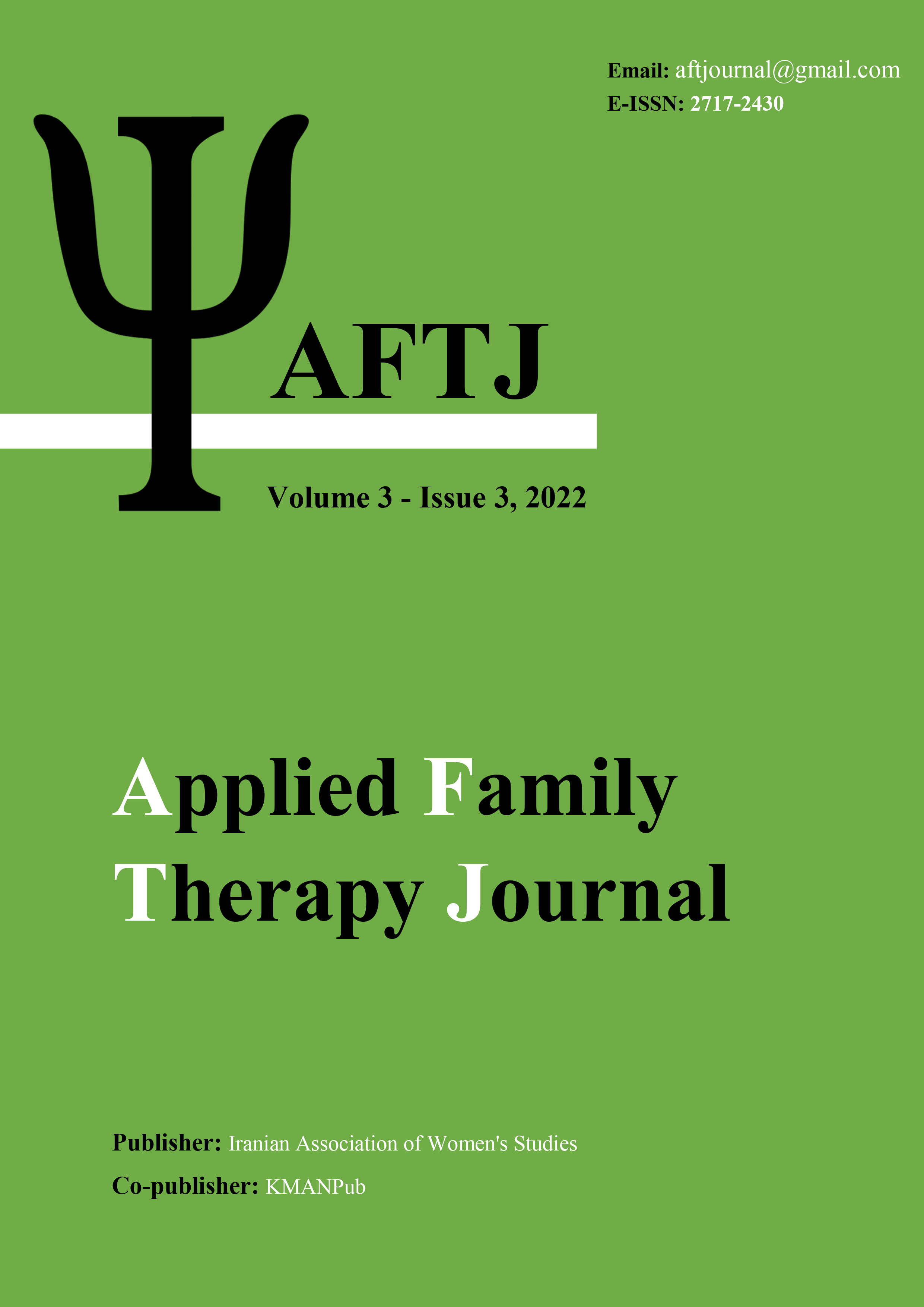Comparing the effectiveness of quality of life therapy with acceptance and commitment therapy on appreciation and happiness among mothers of children with stuttering disorder
Keywords:
Quality of life therapy, Acceptance and Commitment therapy, Appreciation, Happiness, Stuttering.Abstract
Aim: The aim of this study was to compare the effectiveness of quality of life therapy with acceptance and commitment therapy on appreciation and happiness among mothers of children aged 7 to 11 years with stuttering. Methods: This quasi-experimental study was a two-group design with a control group with pre-test, post-test and 45-day follow-up. The statistical population included all mothers with children with stuttering in 2019-2020. The statistical sample consisted of 60 mothers of children with stuttering who were selected by convenience sampling and randomly assigned to two experimental groups and one control group (20 people in each group). The first experimental group underwent Frisch (2005) quality of life therapy training during ten ninety-minute sessions and the second experimental group underwent acceptance and commitment therapy training during ninety-minute sessions (2013), and the control group did not receive any training during the trainings. Research instruments included: Emmons et al. (2003) Appreciation Questionnaire and Oxford Happiness Questionnaire (2002). The collected data were analyzed using descriptive statistics (mean and standard deviation) and inferential statistics (analysis of variance with repeated measures). Results: The results of statistical analysis showed that the quality of life therapy method (F = 408.31, p = 0.000) and acceptance and commitment method (F = 0.563, p = 0.000) were effective in improving the dependent variables. Have been; But the method of acceptance and commitment treatment has been more effective than the quality of life and treatment (P <0.01). Conclusion: According to the analysis of the findings of the present study, with the help of quality of life therapy and acceptance and commitment treatment, Psychological constructs among mothers of children with stuttering helped and the method of acceptance and commitment is more effective in this regard.
Downloads
Downloads
Published
Issue
Section
License

This work is licensed under a Creative Commons Attribution-NonCommercial 4.0 International License.





















